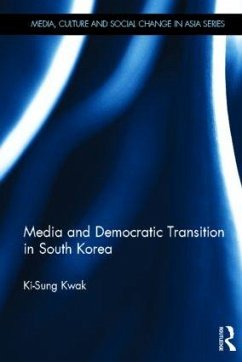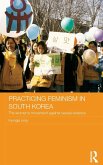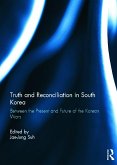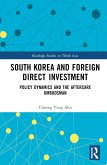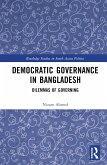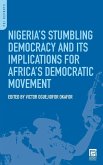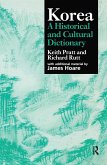Since South Korea achieved partial democracy in 1987, the country has moved away from authoritarian political control. However, after two decades of democratic transition, South Korea still does not have a strong liberal, individualist culture - something that has brought about a wide range of scholarly discussion on the nature of democracy practised in this dynamic country. While the political changes in South Korea have received rigorous attention from Western scholars, less attention has been given to the changing nature and role of media in this and other such transitions. This book focuses on the changing role of media in the more democratised political landscape of South Korea. It thereby contributes to debates about the emerging role of the media in democratic transition, especially in relation to approaches that go beyond traditional Western constructs of media freedom and the relationship between the state and the media. In addition, it discusses the complex interacting forces that affect the role of the media and their implications for state control and democratisation.
Hinweis: Dieser Artikel kann nur an eine deutsche Lieferadresse ausgeliefert werden.
Hinweis: Dieser Artikel kann nur an eine deutsche Lieferadresse ausgeliefert werden.

